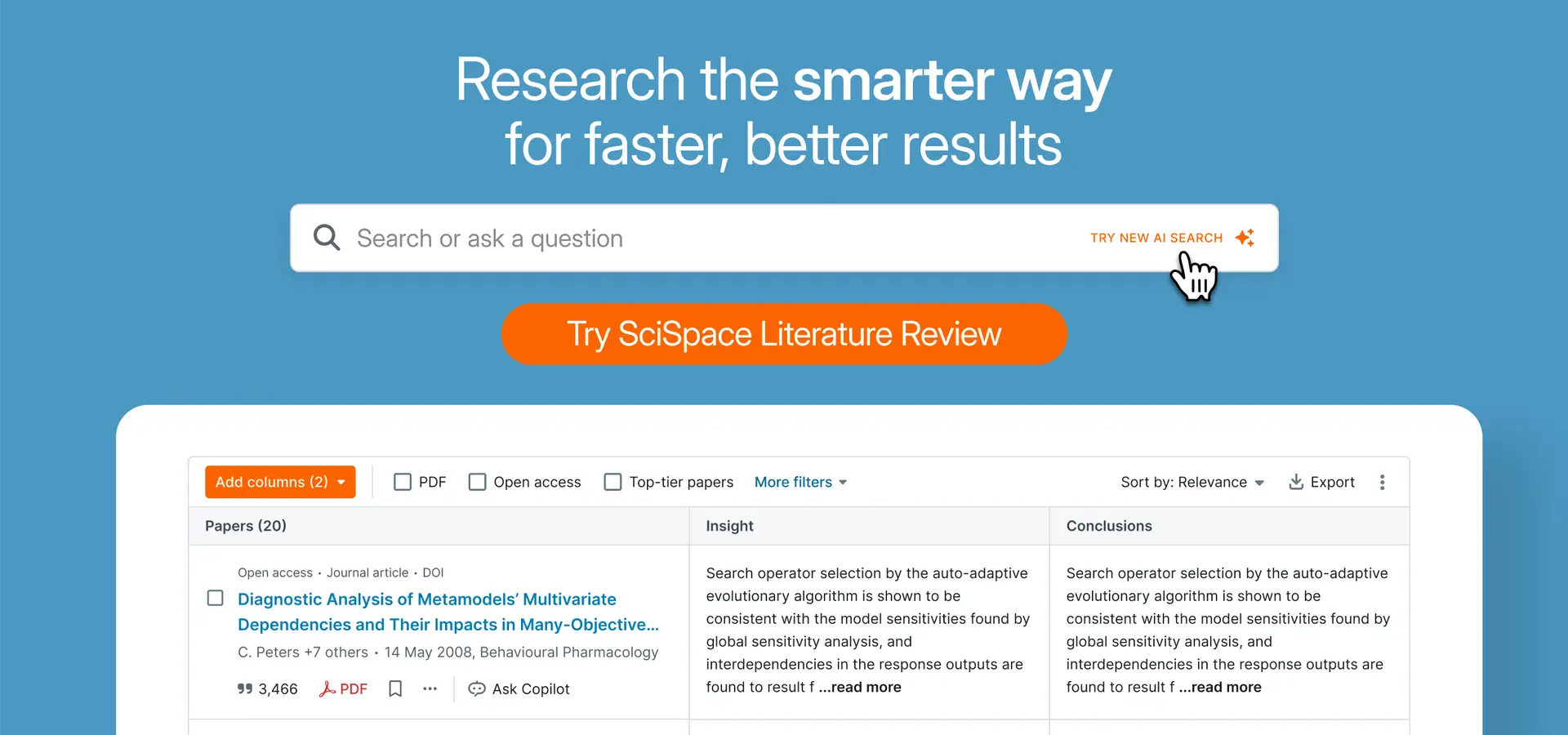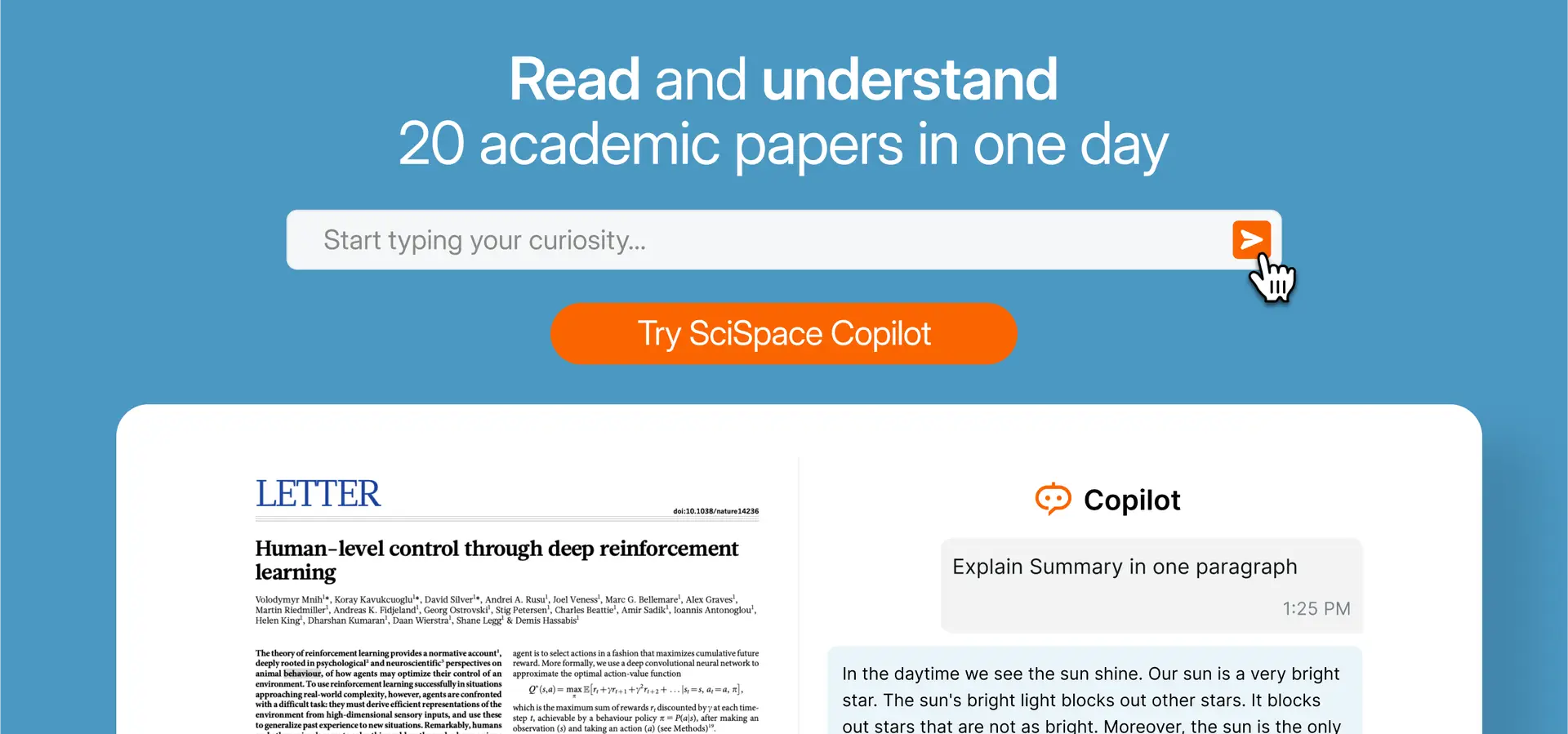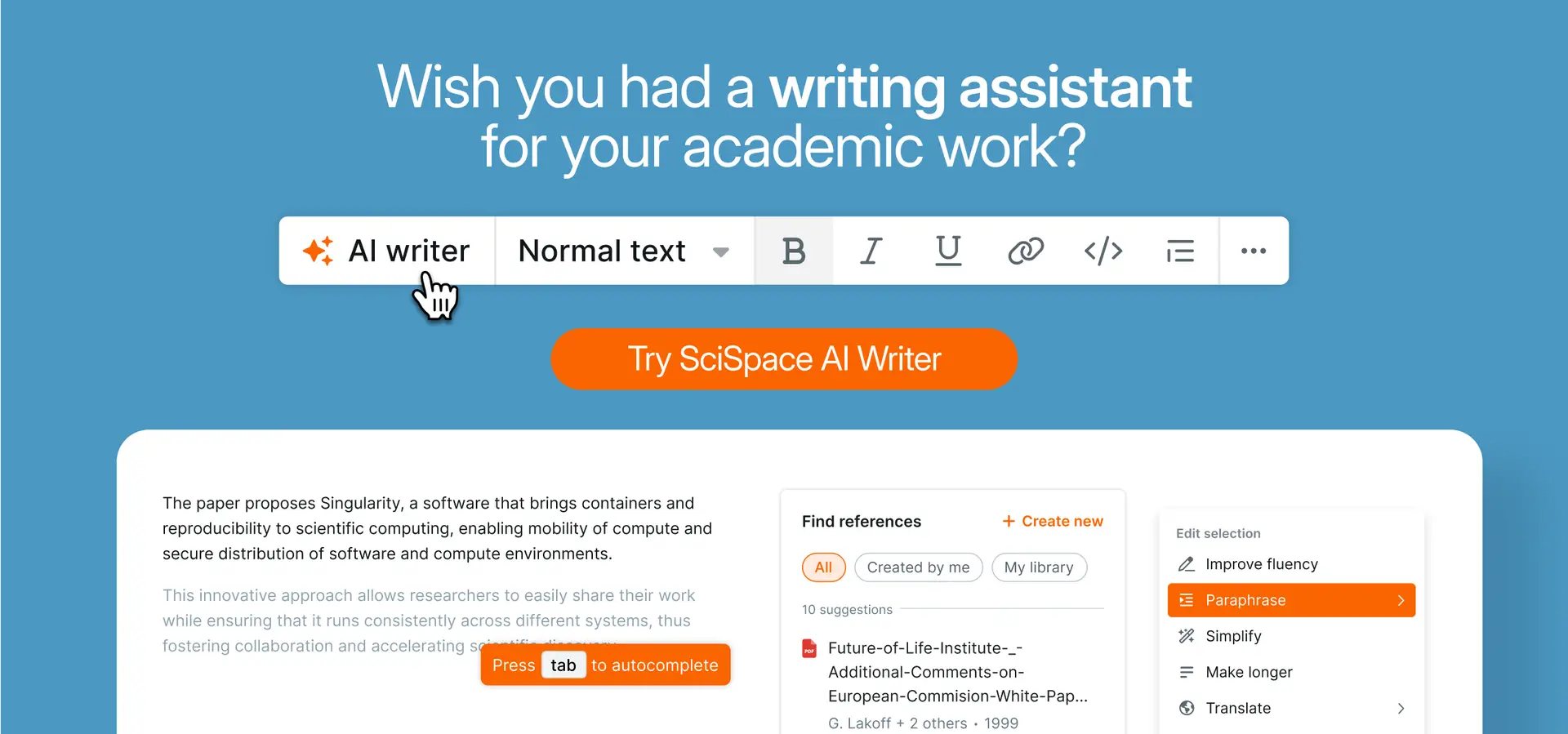This month marks the third anniversary interviewing for my PhD and it had me wondering, what advice would I give the person I was back then?
My 23-year-old self sat outside of the interview room, the most nervous I had ever been in my life, considering getting up and walking away before being asked to come in. Perhaps part of my advice would be to invest in face masks amongst other PPE, and to enjoy the company of friends and family over the coming months.
Aside from the obvious pandemic warnings, upon reflection, there are a few pieces of advice that I would give myself that may help those now embarking on a similar journey.
Firstly, perspective is key. During my PhD I began to set a reminder on my phone. The date would be set to the 17th of every 3 months, serving as a day to reflect on events during the time that had elapsed. There was nothing significant about the 17th, only that this was the day that I had decided to begin reflecting. After a few months, I found the process quite cathartic, not only from an academic stance, but from a personal one too. This was particularly poignant on the 17th May 2020, given the different appearance of livelihood three months prior. Nevertheless, from an academic view, time flies, and because of this it is extremely easy to lose perspective of your progression. As my head of department recently said to me, “there is never an end to research, it just keeps going and going”.
Academia can be an isolating environment with little feedback of how you are doing and engaging in mindfulness exercises, such as the one I have described above, allows you to look back on what you have achieved in that period. Without this, a PhD can become very blurred, and it can be difficult to distinguish all the great things you have been doing.
Another benefit of the reflection process is that it can also keep you focussed on what you are doing as opposed to what those around you are doing. Appreciating that every PhD is different and that those around you are likely to be at various stages of their careers requires self-awareness and acknowledgment. This misalignment of progress should not deter what you are doing, and you should keep in mind big steps of growth you are achieving in your PhD journey. When a colleague takes up more teaching, attends a conference, or gets a paper accepted for publication, it may be easy to assume you have to follow suit. Refraining from this reactive impulse will stand you in better stead in the long run and will increase your confidence to act on your own professional development needs. Have faith that what you are doing is right for you and your project, this is vital for your success.
Finally, and perhaps the biggest piece of advice I would give to my former self, is to remain humble throughout the process. Admittedly, doing a PhD is a significant achievement, and one that should be celebrated. However, as friends refer to me as ‘Doc’, it is easy to get carried away. Those and older generations in my family that never attended university may now perceive me as more intelligent than they once did, but it is essential to remember that everyone follows different paths, and to remain grounded.
There are more important things in life than work and this has been realised with the occurrence of different life events over the past three years. Of course, it is great to be involved and motivated with work, and that is partly what has driven me to continue but it is more important to ensure you do not lose yourself along the way. Life will continue whether you are doing a PhD or not. Therefore, I strive to be a researcher that can maintain balance in my life, working hard at work and then setting that to one side and clearing my mind to be with family and friends.
I have learned a lot over the least three-years and there is a ton of advice I would offer my younger self. However, the main thing I would give myself is reassurance! I would offer comfort and compassion to the perspiring young man that stood outside that interview room, advising that this is the beginning of an important chapter in your life, but it is only the beginning of a very long book.










